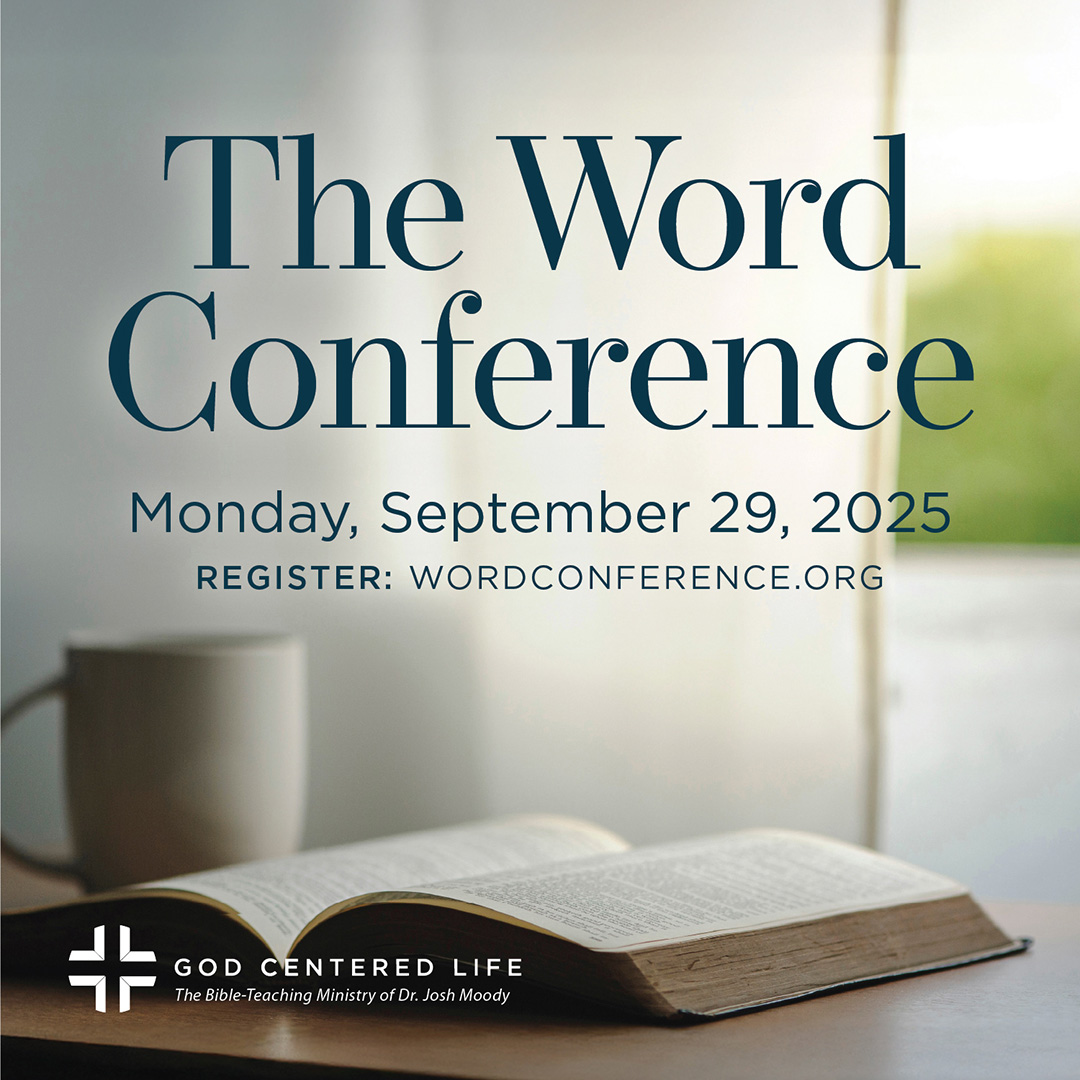Leviticus 5-7: Sin and Sacrifice
February 17, 2024
TODAY'S BIBLE READING:
Leviticus 5-7; Psalm 39; Matthew 17:14-27; Acts 24

We now have descriptions of the burnt offering (Lev. 1, 6:8-13), the grain offering (Lev. 2, 6:14-18), the sin offering (Lev. 4:1-5:13, 6:24-30), the guilt offering (Lev. 5:14-6:7, 7:1-7), the ordination offering (Lev. 6:19-22), and the peace offering (Lev. 3, 7:11-21, 28-36) (7:37). These are the offerings that God commanded Moses on Mount Sinai (7:38), and are recorded for us though they were not spoken to us. We live on the other side of the cross, in a different age, under a new covenant, where these offerings are fulfilled in the sacrificial death and resurrection of Jesus Christ. And those in Christ are now all a kingdom of priests (Ex. 19:5-6; 1 Peter 2:5), declaring God’s praises to the world around us (1 Peter 2:9), all with access to God through Jesus, our great high priest (Heb. 4:14-5:10).
What then can we learn from these chapters in Leviticus? Four lessons come to mind.
- We can learn that God cares about sin. The word “sin” is rarely mentioned in pulpits today for fear of giving offense. But God has no such concern, and like a kind doctor, is willing to point out our soul sicknesses in order to be able to heal them too.
- We can learn that God provides a remedy for sin. He is not malicious, or morbid, but only points out the diagnosis in order to bring in the healing. When we repent and put our faith in Christ, he forgives us of all our sins, cleanses us from unrighteousness, declares us right with the righteousness of Christ, and gives us his Holy Spirit that we may walk in his resurrection power before him all the days of our life and enter into glory.
- We can learn that we are more sinful than we often believe. There is a repeated note here in these chapters of individuals not first being aware of their sins, and then becoming cognizant of what they have done. This should humble us. There is something wrong in much of what we do right. It should not depress us, but it should cause us to confess that we are merely jars of clay in which is the precious jewel of Christ and his power (2 Cor. 4:7).
- It should cause to celebrate with thanksgiving that Christ has come. While, no doubt, this institution that is being here described was glorious, it was also temporary and weak. Some of the details here give a sense of the sheer blood and mess and (can we say?) smell of all these sacrificial animals. They had a restriction to one place of access to God through these sacrifices done by the appropriately instituted and ordained priests. But now God’s worshipers worship him in spirit and truth (John 4:23-24), and can come to God anywhere through faith in Jesus Christ. What a glory resides on the new covenant! How much we should rejoice that we can have access to God through prayer in the name of Jesus!
ABOUT THE AUTHOR
Josh Moody (Ph.D., University of Cambridge) is the senior pastor of College Church in Wheaton, IL., president and founder of God Centered Life Ministries, and author of several books including How the Bible Can Change Your Life and John 1-12 For You.
WANT MORE?
To receive God Centered Life devotionals directly in your inbox, as well as other resources, enter your email address in the form at the bottom of this page and click "subscribe."


